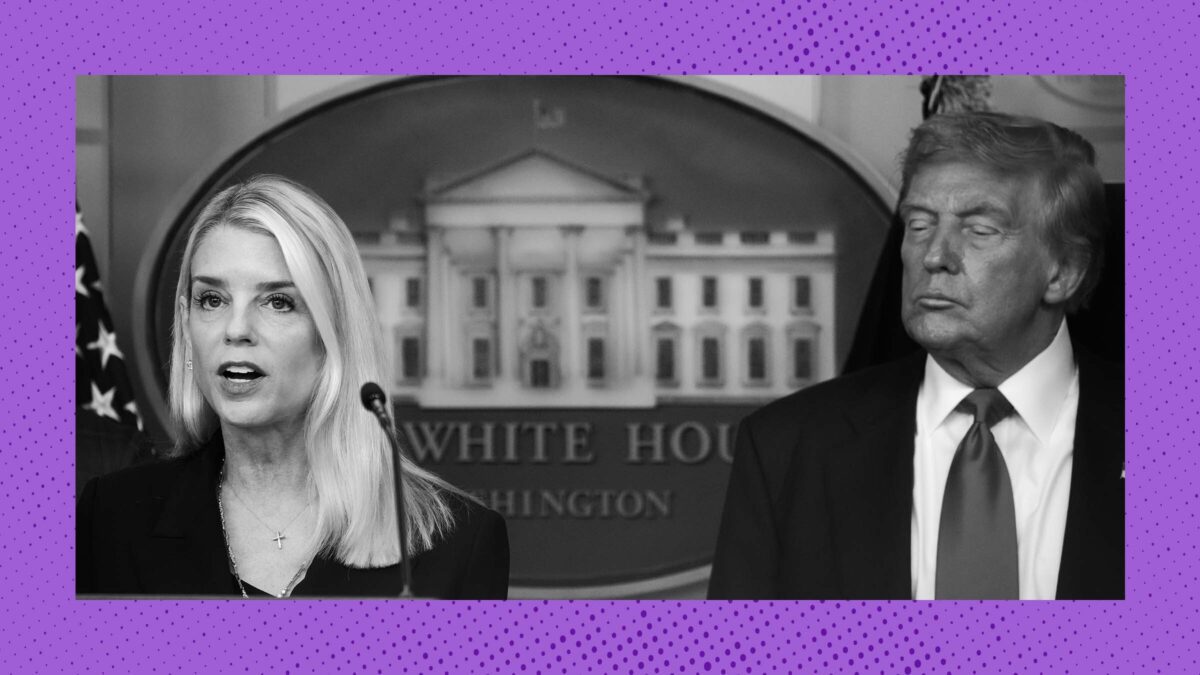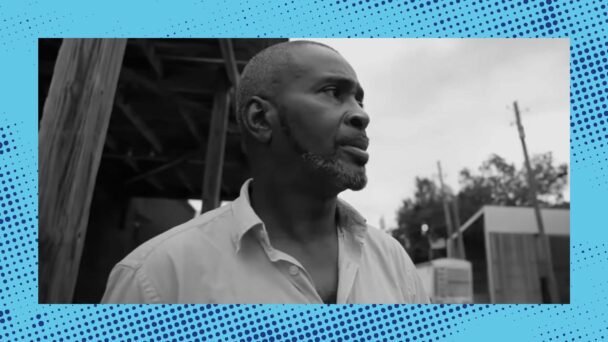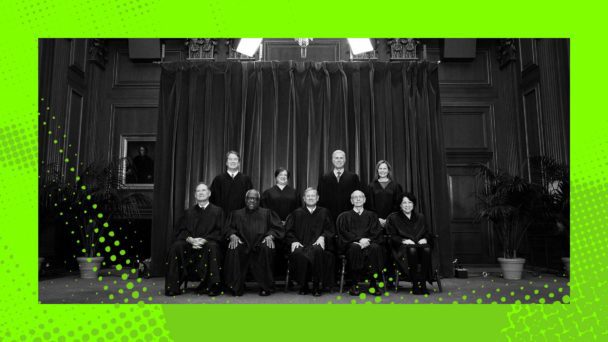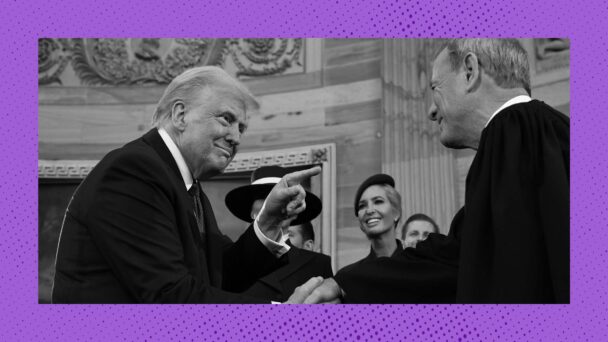On July 19, 2022, the Mississippi Center for Investigative Reporting released audio of Sam Dobbins, then the chief of the police department in Lexington, Mississippi, boasting about shooting a “n***er” 119 times. “I don’t give a fuck if you kill a motherfucker in cold blood,” Dobbins told another officer.
Dobbins is white, and Lexington, a small town bordering the Mississippi Delta, is predominantly Black. The Lexington Board of Aldermen already knew about the audio, but the leak forced its hand: The day after the recording made national news, the Board ousted Dobbins as police chief by a vote of 3–2.
Lexington residents tried to seize this moment to confront the systemic anti-Blackness and culture of impunity that Dobbins’s comments reflected. Local activists contacted the U.S. Department of Justice to request an investigation into the Lexington Police Department. And in August 2022, five Black residents filed a lawsuit in federal district court alleging a raft of police abuses, including regular use of excessive force, unreasonable searches and seizures, and retaliatory arrests. The court was immediately skeptical: In September 2022, for instance, when Judge Tom Lee denied the residents’ request for preliminary relief, he concluded his opinion by noting that Dobbins “is gone now,” and that “the policing situation in Lexington has improved.”
The situation had not, in fact, improved. Two years later, in September 2024, the Department of Justice published a report on the Lexington Police Department showing not only that racial discrimination became ubiquitous under Dobbins’s leadership, but also that it continued unabated after he was removed as chief. In some ways, it even got worse: Before Dobbins, for example, Black people were 2.5 times more likely than white people to be arrested by LPD. Under Dobbins, the disparity rose to 12 times more likely. And after Dobbins, the gulf widened to 17.6 times more likely.
Lexington is a rural town with only 10 police officers. (This is not unusual: Half of America’s police departments have 10 or fewer officers.) The town’s size and relative obscurity made it easy for police abuse to go unnoticed and unchecked, and for years, residents’ complaints to the mayor and to the Board went unaddressed: State government officials pawned them off to the FBI, and the FBI always sided with the police. “It’s because this town is so small and so Black,” said one local activist.
The DOJ’s September 2024 findings gave residents reason to feel cautiously optimistic. Some thought the investigation would lead to federal oversight that could serve as a model for protecting constitutional rights in small towns across the country. Others similarly raised the prospect of a consent decree, an improvement plan agreed to by both the police department and DOJ that a federal court then oversees and enforces. (This ongoing monitoring is critical because local cops sometimes behave differently when the federal government is watching and can impose consequences for bad actions. When the DOJ began its investigation, for instance, community organizers saw “a slight lull in police misconduct,” but said that whenever police “weren’t being directly observed, they would just continue the misconduct.”)
All of these hopes for oversight and accountability were dashed when President Donald Trump retook office. Trump’s DOJ announced in May 2025 that it was scrapping proposed consent decrees with various police departments and ending investigations into others, criticizing them all as “unjustified” and “anti-police.”
Days later, Mississippi Public Broadcasting reported that “residents and their attorneys say Lexington Police have begun to revert to the status quo.” In an interview about Trump’s rollbacks of police reform, one Mississippi attorney told ProPublica that DOJ reports used to prompt offenders like the Lexington Police Department to “come to Jesus.” Now, the lawyer said, offenders seem to think, “I don’t need Jesus. I got Trump.”
The DOJ’s wholesale abandonment of Black people under Donald Trump—refusing to protect us from police abuse, refusing to protect us from voter suppression, refusing to protect us from employment discrimination, and more—has left Lexington’s residents feeling afraid and alone once again. Civil rights organizations are trying to help them file their own lawsuits since the government won’t do so. And sometimes they bolster their filings with evidence from the DOJ’s report. But residents have their doubts, having been burned before.
“I think there was a sense that after the former chief, Sam Dobbins, was fired, that there would be changes,” Lauren Bonds, Director of the National Police Accountability Project, told MPB. I think that there was this sense that after the DOJ investigated, there would be changes.” But without meaningful federal intervention, Black people in Lexington say things haven’t changed much.






